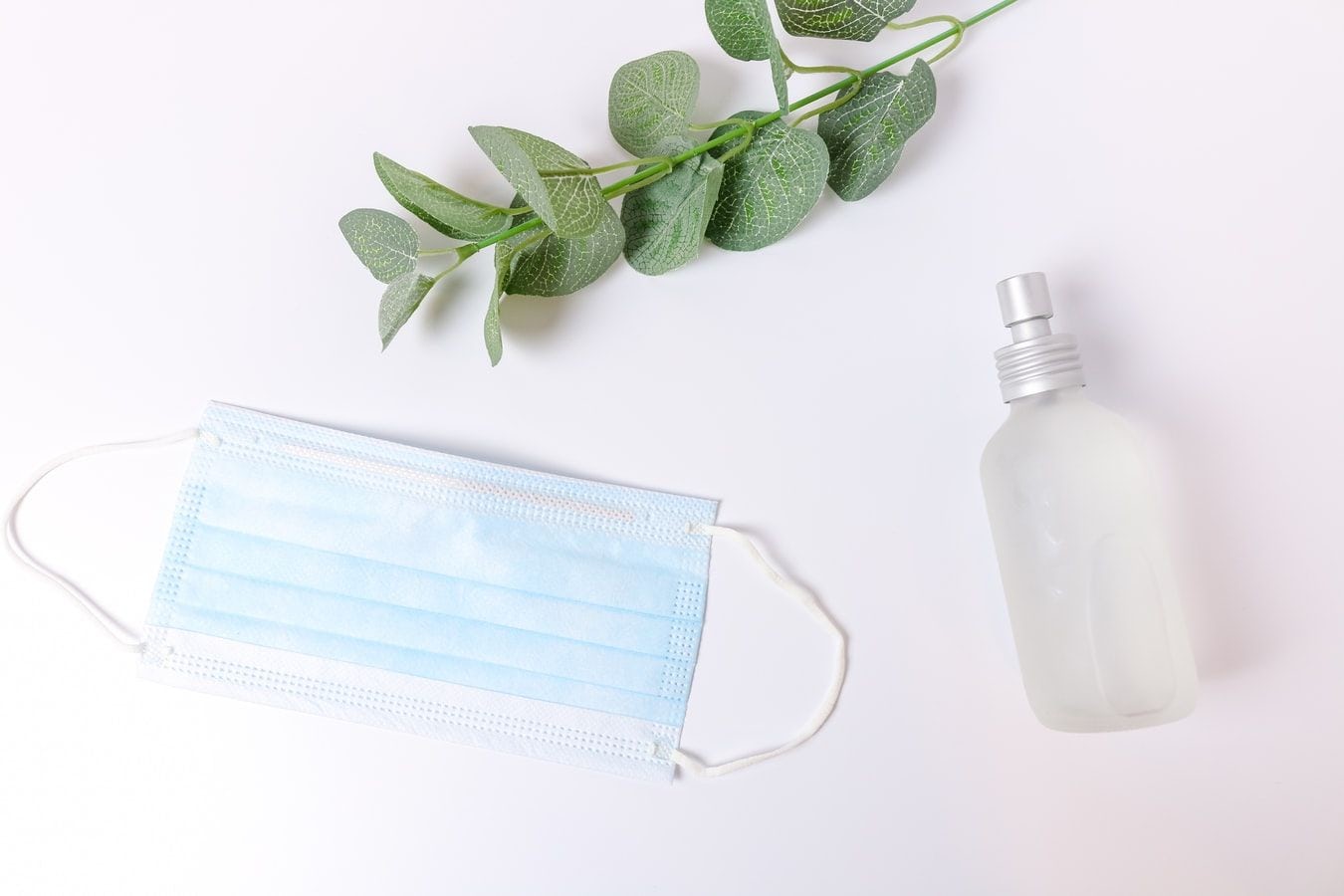With the holidays approaching, more people are considering domestic travel, even as COVID-19 continues to spread. Although air travel is ticking back up, most travelers are sticking to traveling by car to minimize their risk. Skip caught up with Dr. Priya Soni, a pediatric infectious disease expert at Cedars-Sinai hospital in Los Angeles, to hear her expert tips on traveling by car safely. Read on below for a Q and A with Dr. Soni, and if you’re preparing for a road trip soon, make sure your license, registration, auto insurance and more are all up to date with Skip Plus.
Q and A with Dr. Priya Soni, M.D.
Skip: Why is traveling by car considered lower risk than flying?
Dr. Soni: The main and most obvious reason why road trips are better than flying in a pandemic is that in a plane you’re in a very small space. And you’re not in control of as many elements as you are when you go on a road trip. With a road trip you can really plan out your stops, who would be in your car. There are a lot more variables you can control. With air travel, there are so many people and so many moving parts, and some people may be traveling and not know that they have coronavirus.
Skip: We’ve heard that shorter flights are lower risk than long-haul flights. Do you think a long road trip is still safer than a short flight?
Dr. Soni: Overall, I think it would still be safer to drive. When you’re flying, the highest risk is actually within the TSA area, where there are multiple people and people are not always keeping their distance….so even if it’s a shorter flight, it won’t necessarily bring your risk down as low as it would be when you’re driving.
The highest COVID risk is to be exposed to someone who is not wearing a mask for more than 15 minutes in a confined space where you’re closer than 6 feet apart. So with airlines now mandating everyone wear masks, that’s been great. But not all airlines are abiding by distancing rules. So if you have the option to drive, you’ll have that much more control.
Skip: What are a few tips people can utilize to make their drive as safe as possible, even if they need to pass through areas with a higher case burden?
Dr. Soni: Keep in mind the public hotspots as you go along your trip. Think through areas where you could be exposed, like restaurants that aren’t fully outdoor, rest stations, gas stations. Optimize your safety in those settings particularly, maybe keep an extra set of gloves with you for the gas station or only stop at a rest stop where you visibly see it isn’t too crowded.
If you need to stop overnight, make sure you have a virus kit. Extra disinfecting wipes, hand sanitizer, face coverings. Hotels are doing a really great job making sure people feel comfortable traveling, but you never know and for peace of mind, have those extra tools on board.
And remember that if you’re in a higher traffic area, the outside of your mask has been contaminated and should be switched out, so bring multiple face coverings with you. Surgical masks are better than cloth masks at preventing the spread of this disease, but they should be disposed of after 24 hours. You can’t be reusing it for days and days on end.
Skip: If people are traveling to visit family for the holidays, what should they do before leaving to keep everyone safe?
Dr. Soni: It’s advisable to lay low for a few days before your trip, especially if you live somewhere where case counts are high. You may be meeting up with family members who are elderly or compromised, so you want to make sure you’re not presymptomatic for COVID.
Also consider whether the gathering could be held outdoors. If you’re going to a place where the weather might hold up for an outdoor event, that is going to be much safer. So consider the risk and the family members attending who might be more vulnerable and make a plan from there.
Skip: If people are considering a road trip, what COVID statistics should they look at to assess whether their destination is a safe place to travel?
Dr. Soni: Of course there are many different factors, but the main thing to look at is, ‘What is the caseload? And has the case positivity rate trended upward in the last 7 to 14 days?’ That will tell you if the caseload is really going up significantly.
Travel Carefully And Safely This Fall
By following Dr. Soni’s advice, you can have a safer road trip this fall. Make sure to research your destination ahead of time to make sure the case count is not too high, and bring sanitizing wipes and PPE with you. Plan out your route and make sure not to stop in crowded areas. If you’re planning a road trip and need to make sure you have up to date license, registration, and insurance, try a 15 day free trial of Skip Plus, and follow along here on the Skip blog for COVID-19 news and travel updates.
Related Articles to Read
📌 Road Trip Routes All Over the U.S.


